Confronting Stress and Suicide
TW: Suicide
Last month, a PGY-3 urology resident at the University of Iowa died by suicide. Although I did not know him personally, I am filled with great sadness and my sympathies are with his family, friends, the trainees and faculty at Iowa.
This tragic event is a grim reminder of how stressful residency training can be and how we need each other, especially now.
We have all chosen an incredibly difficult profession. It is perhaps one of the highest callings and our work brings us incredible happiness, but the demands we face, though increasingly familiar, never get easier. It is important to acknowledge the challenges of training: the responsibilities, the rush of the day, the chaotic night calls, and the enduring fatigue.
Suicide is usually a consequence of several health factors and life situations leading to stress, anxiety, and other mental health conditions such as depression and loneliness. Sometimes, when these risk factors go unnoticed, the condition can progress and may be accompanied by physical pain, grief, and hopelessness. It is our responsibility as physicians to recognize colleagues who are experiencing extreme stress. Speak with them. Take a moment to ask them how they are doing, especially if they appear to be struggling. It is important for us to look after ourselves and out for each other. Take a run, take a walk, take a break. Look for ways to build and maintain community in your new environment. Speak with a peer, resident or faculty mentor about this sad news, even if you do not have a personal connection.
Some of you have come to Seattle by yourself to meet new friends and to start new adventures. Some have come with family and are struggling to find a new apartment. Others are excited about exploring a new hiking trail or discovering a new favorite restaurant or bar. Some of you have left partners behind so that each of you can pursue your chosen careers in separate cities, finding time to visit each other when you can. Changes and transitions can come with added stress, which can wrap you in isolation and warp your sense of belonging.
No matter where you are from, you should know that we all have something in common: we are all adjusting to our new lifestyle in a new environment with new people. Whatever your story, recognize that you are not alone and there are resources here to help you.
- GME Wellness Service is a UW Medicine resource which supports mental health care for our trainees. It offers free, confidential and unlimited counseling services for UW residents and fellows (and their partners) seeking counseling. Use Schedulicity to make an appointment online at any time of the day.
- GME Report-A-Concern is an online tool which allows you to submit an issue or problem you have noticed in the learning environment.
- National Suicide Prevention Lifeline, 800.273.8255, and a Physician Support Line (licensed psychiatrists volunteer on this confidential phone line) operates 7 days a week from 8 am to 1 am EST and the phone number is 888.409.0141.
- CareLink is a 24/7 resource for all UW employees that connects you with someone to talk to when life presents challenges, conflicts or other stressors.
Reach out to this wonderful new community of people. Consider how you might honor our colleague’s memory by continuing to do the good work that all of us have chosen, not only for our patients, but for each other.
Byron D. Joyner, MD, MPA
Vice Dean and Designated Institutional Official (DIO)
Graduate Medical Education, UW Medicine
